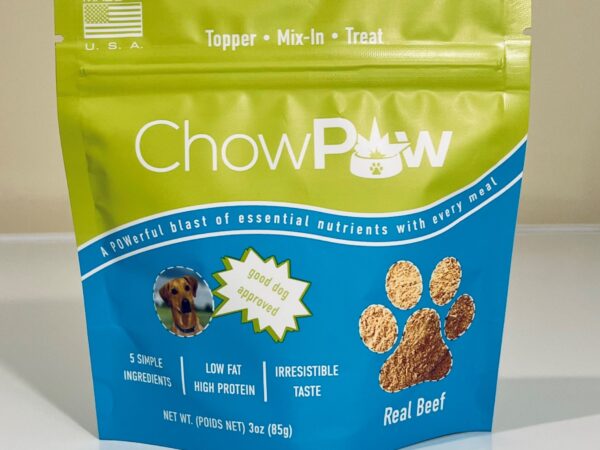
Navigating Winter Safely: What Sidewalk Salt Is Safe For Dogs?
Winter walks can be delightful, but the safety of our furry friends is a top priority. If you’ve ever wondered, “What sidewalk salt is safe for pets?” – you’re in the right place. In this comprehensive guide, we’ll explore pet-friendly sidewalk salt options, ensuring both your pup’s paws and winter adventures stay secure.
Understanding the Need for Pet-Friendly Sidewalk Salt
While traditional ice melters are effective in preventing slips and falls, many can pose risks to pets. Chemicals like calcium chloride and sodium chloride may irritate paws, and ingestion can lead to health issues. Opting for pet-friendly alternatives is crucial for a worry-free winter stroll.
How Sidewalk Salt Harms Your Dog’s Paws
The harsh chemicals in traditional ice melters can:
- Irritate and burn: The salt dries out your dog’s paw pads, leading to cracking, redness, and pain.
- Cause an upset stomach: If ingested while grooming or licking their paws, these chemicals can cause vomiting and diarrhea.
- Lead to poisoning: In severe cases, excessive ingestion can cause sodium ion poisoning, which can be fatal.
Spotting the Signs of Sidewalk Salt Irritation
- Paw Licking: Your dog might excessively lick their paws due to discomfort or a burning sensation.
- Redness or Swelling: The paw pads may appear red, inflamed, or swollen.
- Limping or Favoring a Paw: Pain can cause your dog to change their gait.
- Cracked or Bleeding Paw Pads: In severe cases, the paw pads may crack and bleed.
If you notice any of these signs, thoroughly rinse your dog’s paws with warm water after every walk and consider using a soothing paw balm. If the irritation persists, consult your veterinarian.
Nutrition to the Rescue
A nutritious diet can help counteract the effects of sidewalk salt by promoting overall skin and paw pad health. Ensure your dog’s food is rich in:
- Omega-3 Fatty Acids: Found in fish oil, these fatty acids have anti-inflammatory properties that can soothe irritated skin and promote healing.
- Zinc: Essential for skin health and wound repair. Look for dog foods with chelated zinc for optimal absorption.
- Biotin: A B vitamin that supports skin health and can help prevent dryness and cracking.
You can also consider supplementing your dog’s diet with a food topper like ChowPow, which is packed with natural nutrients and can help boost their overall well-being.
Top Pet-Friendly Sidewalk Salt Brands
- Safe Paw Ice Melter:
- This non-toxic and salt-free option is designed with pets in mind. It’s safe for paws, skin, and eyes, making it an excellent choice for pet owners.
- Safe Paw Ice Melter
- Paw Thaw Pet-Friendly Ice Melt:
- Formulated with a magnesium chloride blend, Paw Thaw is a reliable choice that won’t harm pets or vegetation.
- Paw Thaw Pet-Friendly Ice Melt
- Morton Safe-T-Pet Ice Melt:
- This salt-free ice melt is specifically designed to be gentle on paws while effectively melting ice.
- Morton Safe-T-Pet Ice Melt
Tips for Using Pet-Friendly Sidewalk Salt
- Follow Application Guidelines:
- Apply according to package instructions to balance effectiveness and pet safety.
- Regular Paw Checks:
- After walks, wipe your pet’s paws to remove any residual salt or ice melt.
- Avoid Salty Areas:
- Keep your pet away from areas with excessive salt build-up, and opt for alternative routes.
- Provide Paw Protection:
- Consider using pet booties to provide an additional layer of protection during walks.
Always Be Cautious!
As a responsible pet owner, choosing the right sidewalk salt is crucial for your dog’s safety and well-being. As a reminder, your neighbors may not have a dog, so be careful walking in neighborhoods that use community salt trucks as they will not have pet health in mind. With these pet-friendly options, you can confidently navigate winter walks, knowing you’re prioritizing your pet’s comfort and health. Stay safe, stay warm, and enjoy the beauty of winter with your happy and healthy companion.






